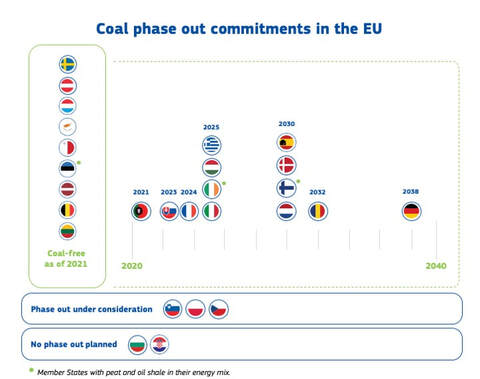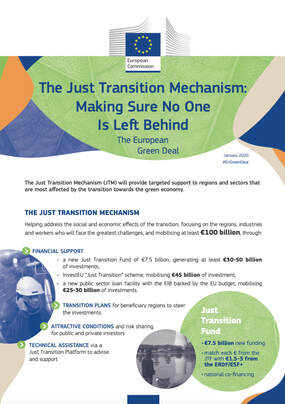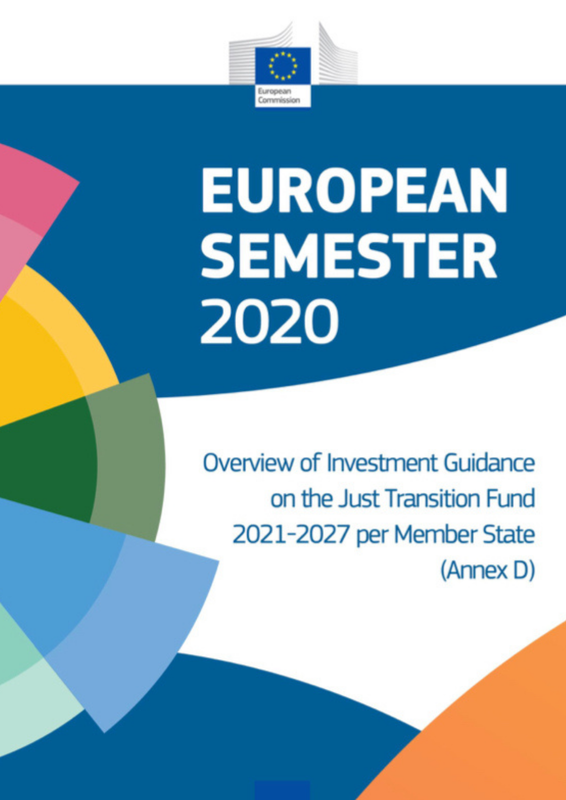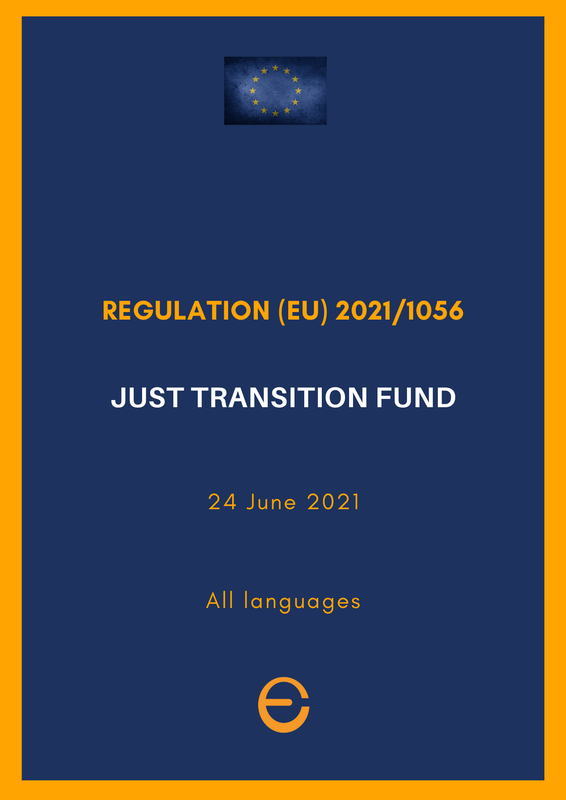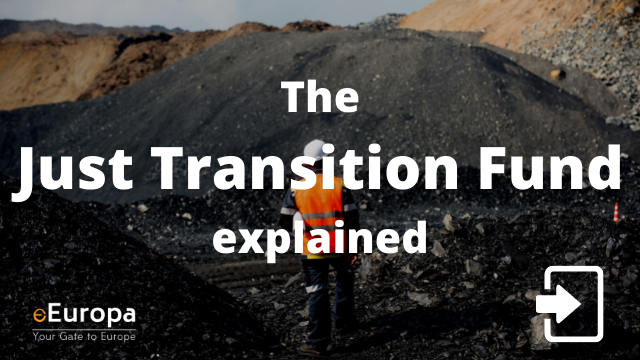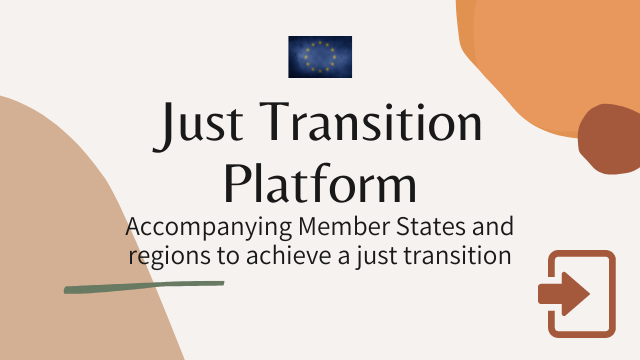|
Brussels, |
|
Coal
In 2020, coal accounted for around one fifth of total electricity generation in the EU.
It has always been an important economic engine, providing jobs for around 230,000 people in mines and power plants in 31 regions and 11 EU countries.
Although coal remains a central fuel in the European energy mix, the transition to cleaner forms of energy and innovative technologies, the EU has made a commitment to reduce CO2 emissions by at least 55% by 2030 and become the the first global power with zero climate impact by 2050.
The future of coal in Europe
The decline of coal-fired power generation has been a reality in Europe for many years. From 2012 to 2020, total energy production from coal fell by almost a third in the EU. The decline in the use of coal has led to the closure of mines and the decommissioning of power plants in several regions of Europe.
By 2021, nine EU countries will be considered coal-free. Another seven by 2025 and by 2032 another 5 countries will abandon coal.
Currently (July 2021), Slovenia, Poland and the Czech Republic are considering the issue and Hungary and Croatia have not yet planned their release. See the graph below.
EU supports coal Regions in transition: The Transition Mechanism
|
When in December 2019 the European Commission presented the European Green Deal to make Europe the first climate-neutral block in the world by 2050, it introduced accompanying measures to help countries heavily dependent on coal. Hence, to facilitate the achievement of the ambitious 2050 targets, the EU adopted the so-called "Just Transition Mechanism" with the Regulation (EU) 2021/1056 which, together with tailored financial and practical support, helps workers and generates investments. needed in particularly affected areas, such as the coal regions of the EU. In addition, the European Commission provides tailor-made support in the form of country operational teams or bilateral discussions with Commission experts. This support can help national and regional authorities identify ways to initiate and implement the transition. This support is accompanied by existing EU funds, funding instruments and programs. The assigned teams work with national and regional authorities in the regions chosen by the Member States to encourage the preparation of transition strategies and support the identification of priority projects. Other documents:
|
A dialogue support to the Regions in transition
To ensure that no region is left behind in this transition, the Commission also launched the Initiative for coal regions in transition. Included as a non-legislative element of the ‘Clean energy for all Europeans’ package, the initiative helps mitigate the social consequences of the low-carbon transition.
The 'Initiative for Coal Regions in Transition' works as an open forum, which has gathered all relevant parties, local, regional and national governments, businesses and trade unions, NGOs and academia since 2017. It promotes knowledge-sharing and exchanges of experiences between EU coal regions, and represents a unique, bottom-up approach to a just transition, enabling regions to identify and respond to their unique contexts and opportunities. All EU coal regions are invited to participate.
Connecting stakeholders
The Initiative for coal regions in transition activities include two working groups, which meet twice per year to discuss priority projects and best practices in coal regions. Every year, a high-level political dialogue on the future of coal regions is organised as part of the initiative and is hosted by a transition region.
The meetings:
- Coal regions in transition virtual week / 26-29 April 2021 - Outcomes and resources
- Coal regions in transition virtual week / 16-18 November 2020 - Outcomes and resources
- Coal regions in transition virtual week / 1-3 July 2020 - Outcomes and resources
- Annual Political Dialogue, Görlitz, Germany / 25-26 November 2019
- 6th working group meeting / 16-17 October 2019 - Outcomes and resources
- 5th working group meeting / 15-16 July 2019 - Outcomes and resources
- 4th working group meeting / 8-9 April 2019 - Outcomes and resources
- 3rd working group meeting / 5, 6 and 7 November 2018 - Outcomes and resources
- 2nd working group meeting / 12 to 13 July 2018 - Outcomes and resources
- 1st working group meeting / 26 to 27 February 2018 - Outcomes and resources
2019 annual political dialogue
The second edition of the annual political dialogue of the Initiative for coal regions in transition took place on 25-26 November in Görlitz, Germany. The event was organised by the European Commission and the secretariat of the initiative, in close cooperation with the two German host regions of Brandenburg and Saxony.
On the first day, high-level speakers reflected on the progress achieved in the past year and looked toward the future of the initiative, in a new European context with an ever-increasing focus on just transition. Discussions focussed on the respective roles of the EU and of regions in supporting and implementing a just transition, as well as on the specific issues of attracting investment to coal regions, and ensuring cross-border cooperation. On the second day, participants went on site visits to see concrete transition projects in the Lusatia region.
2019 annual political dialogue:: outcomes and resources.

